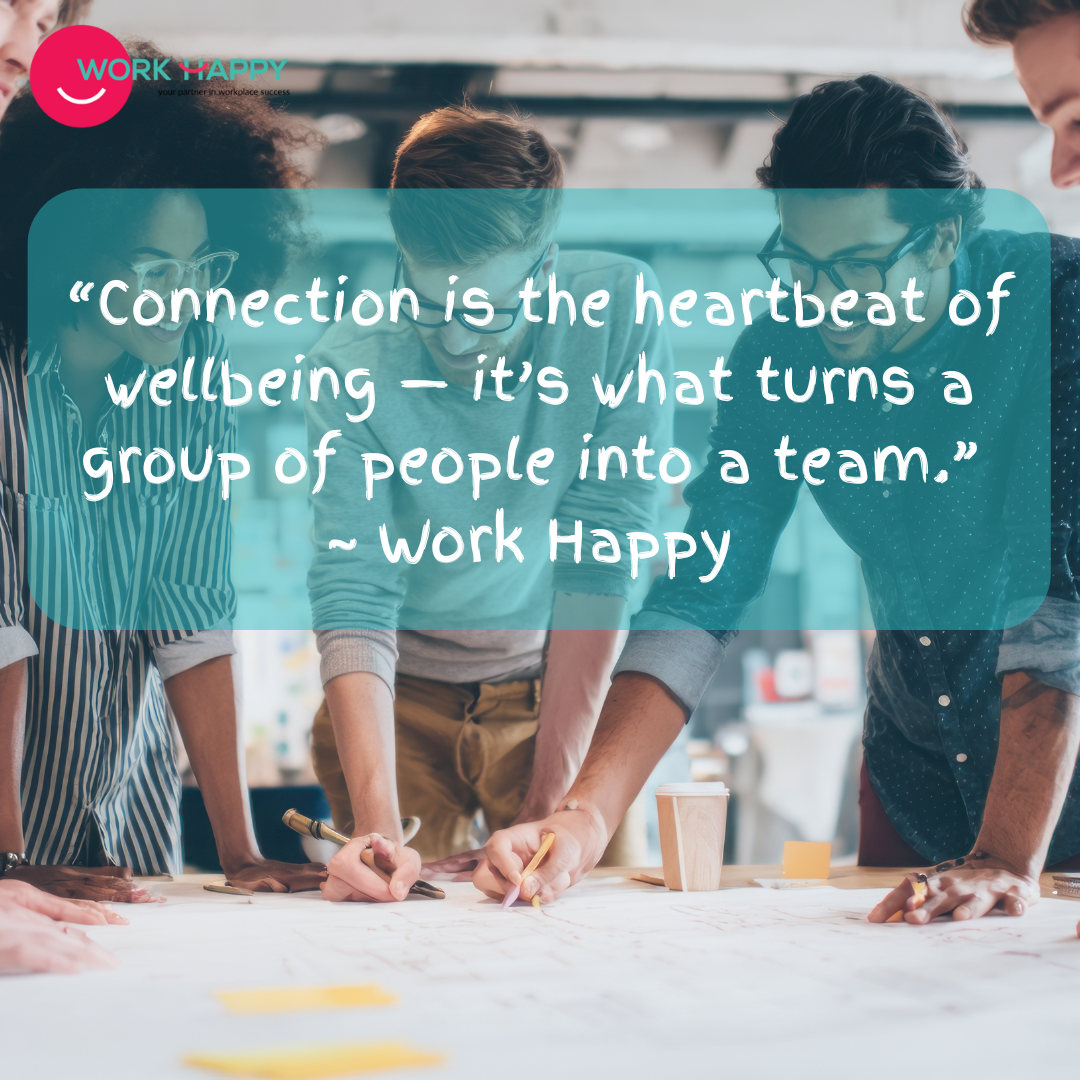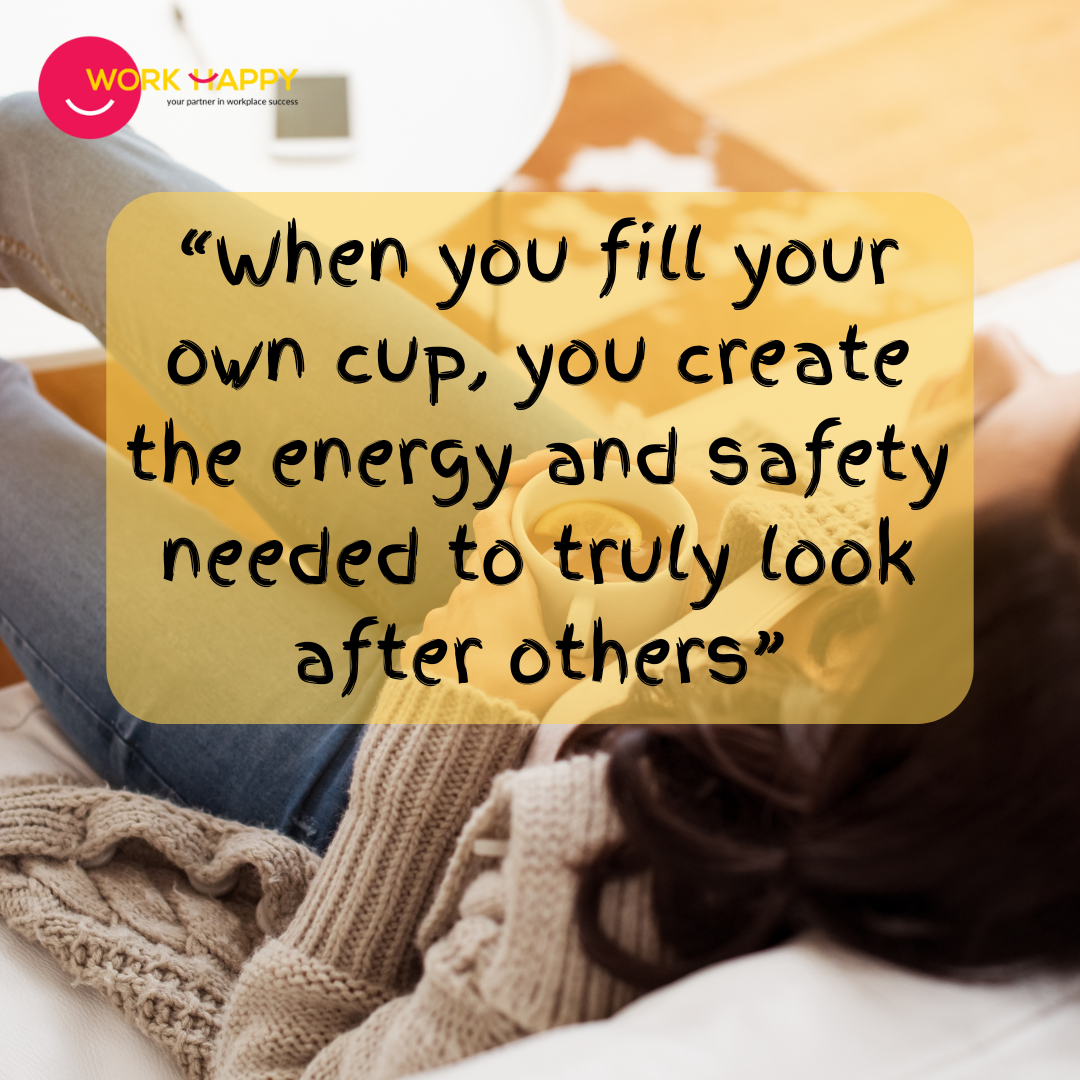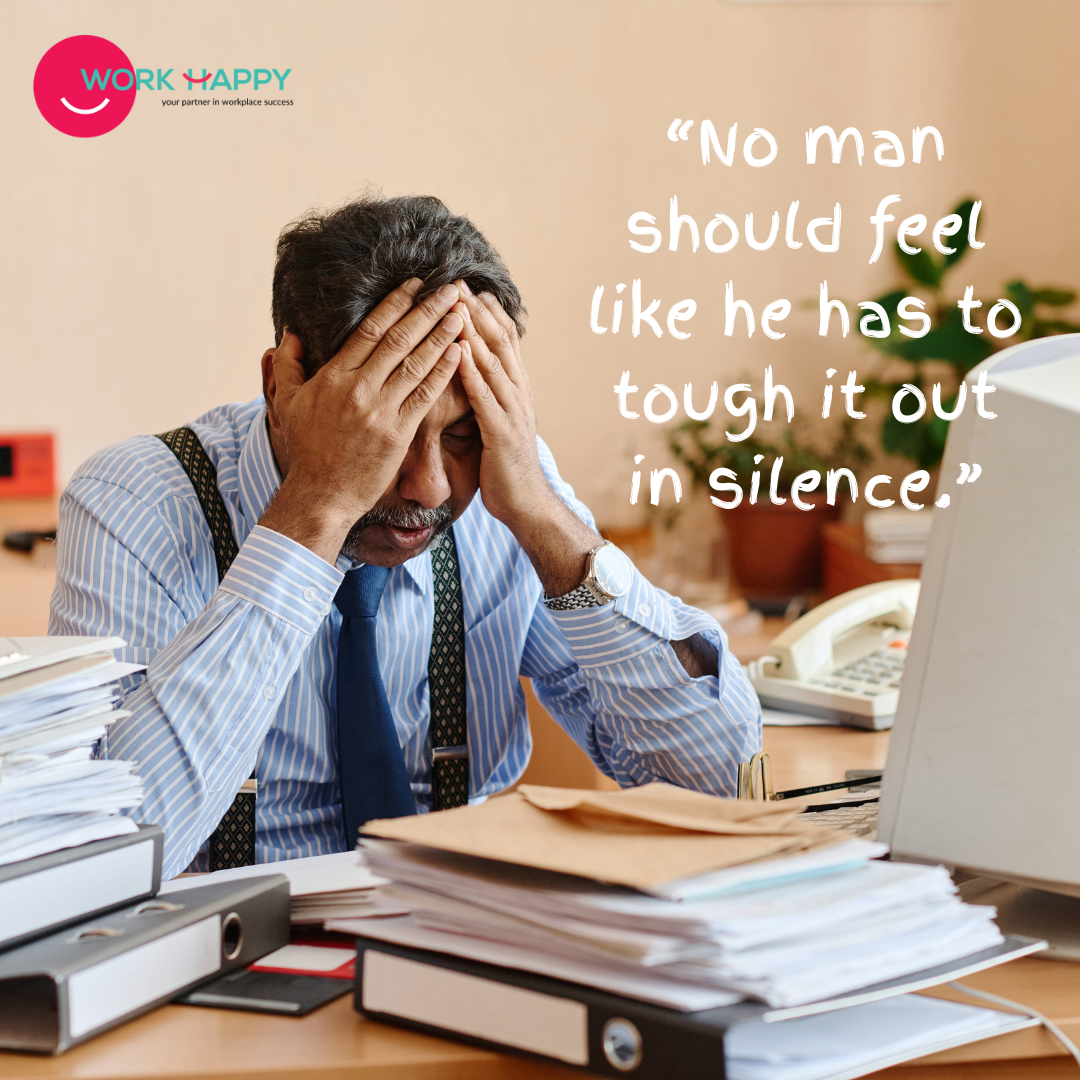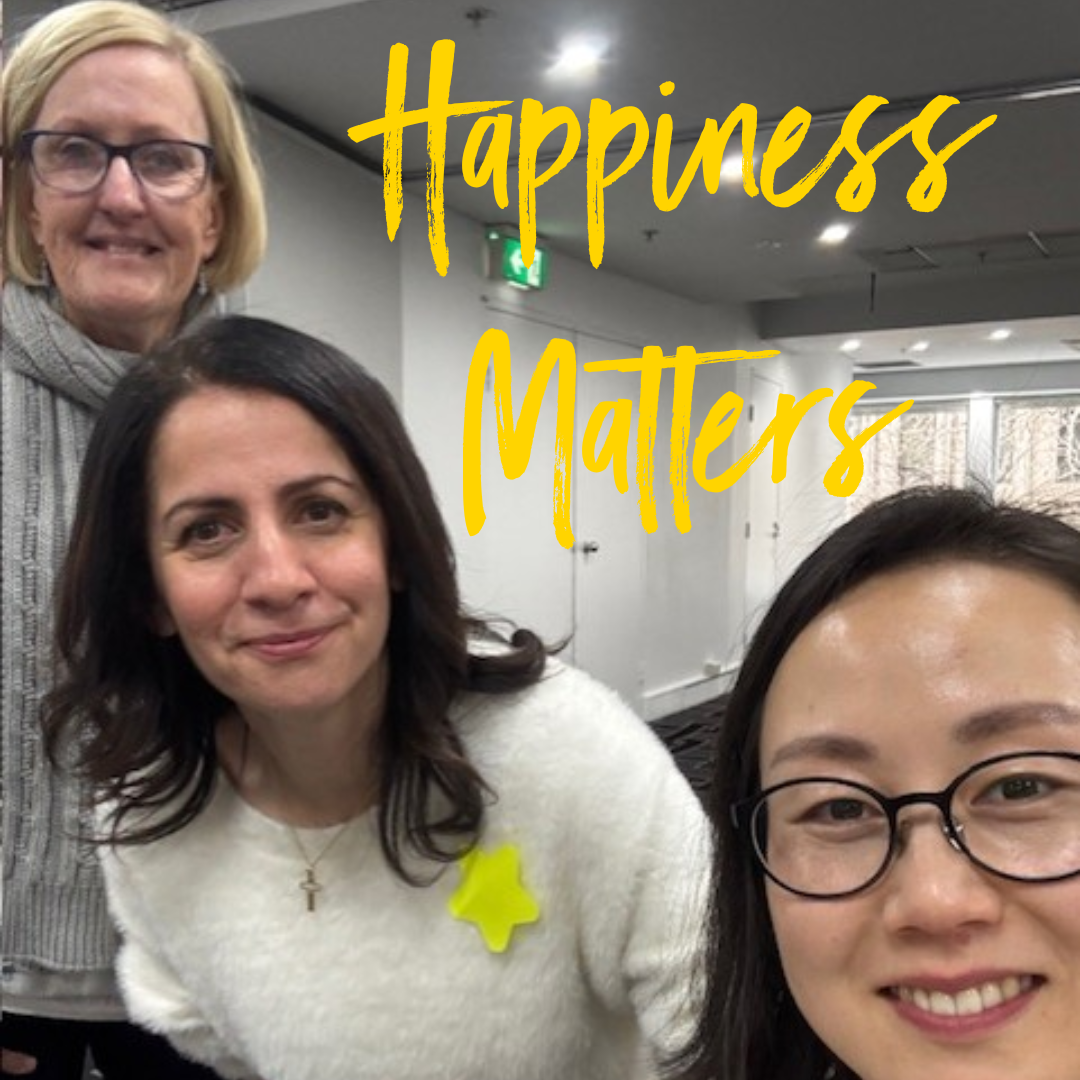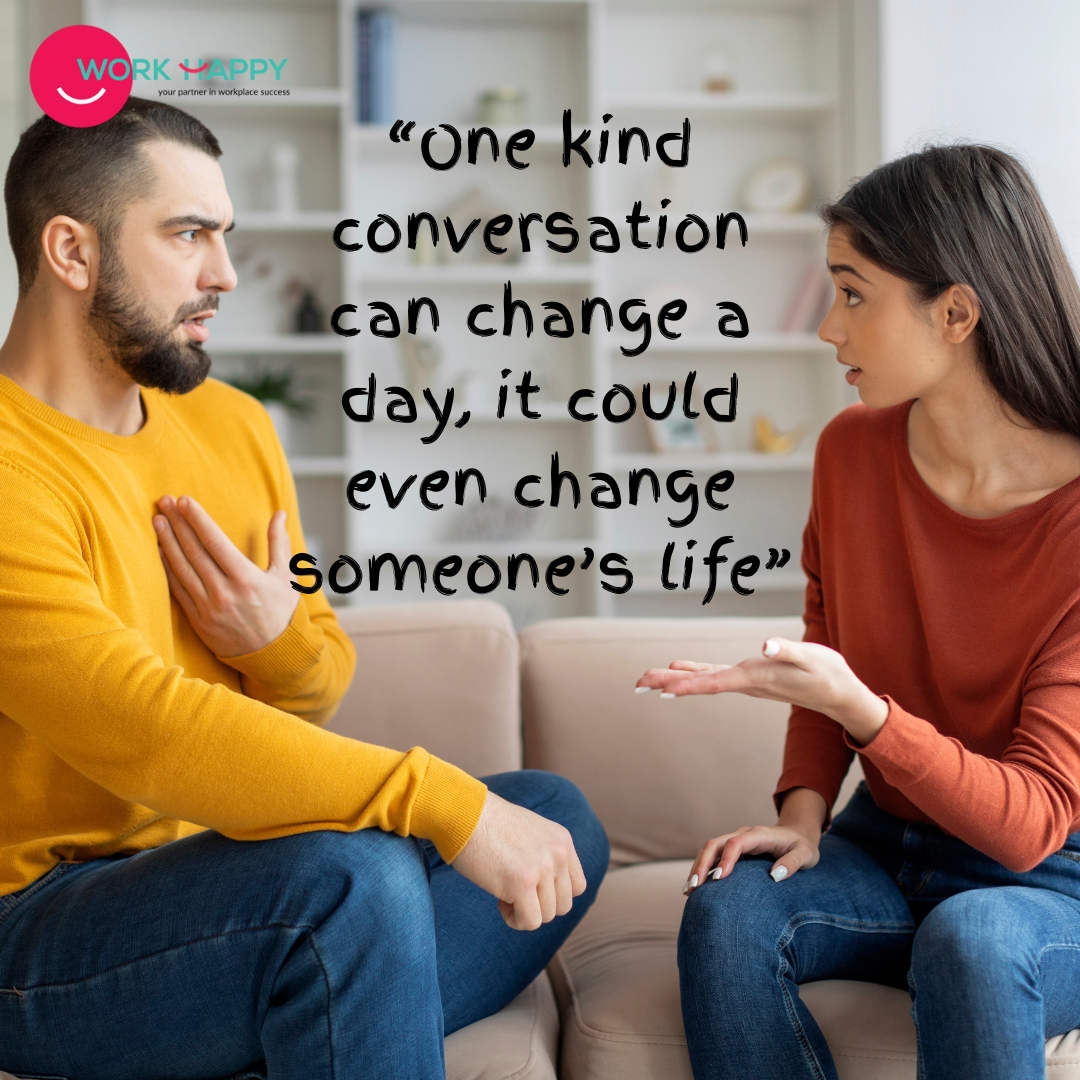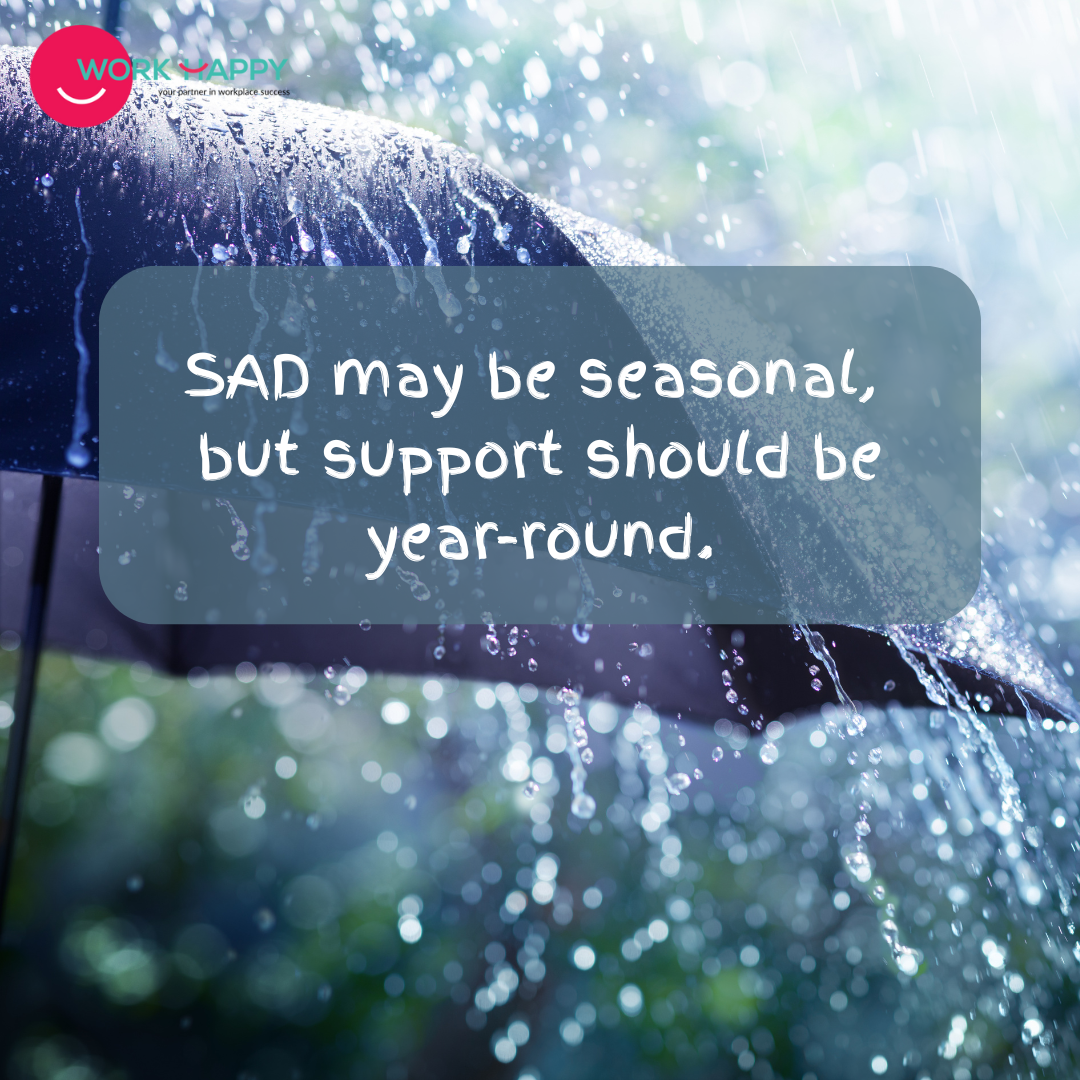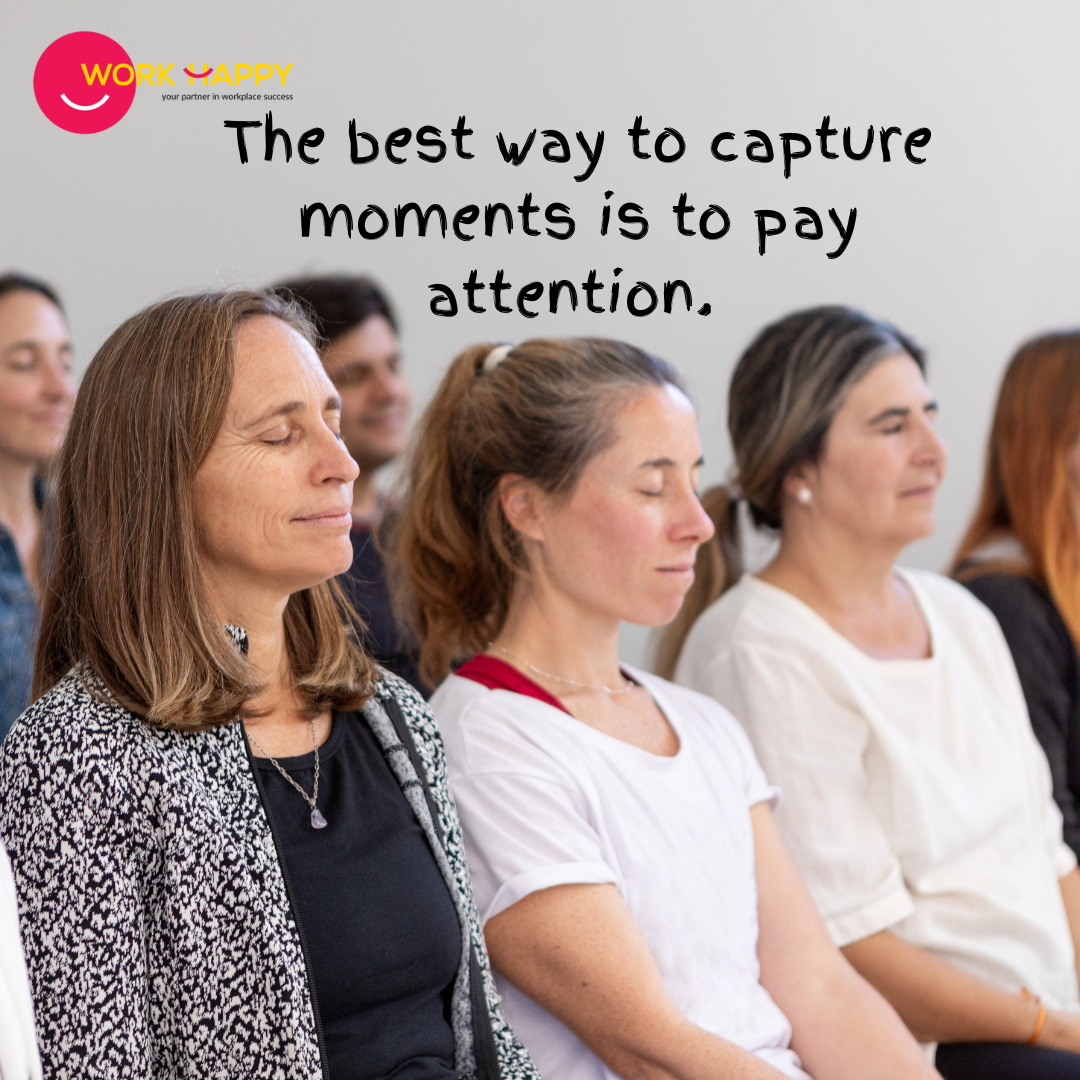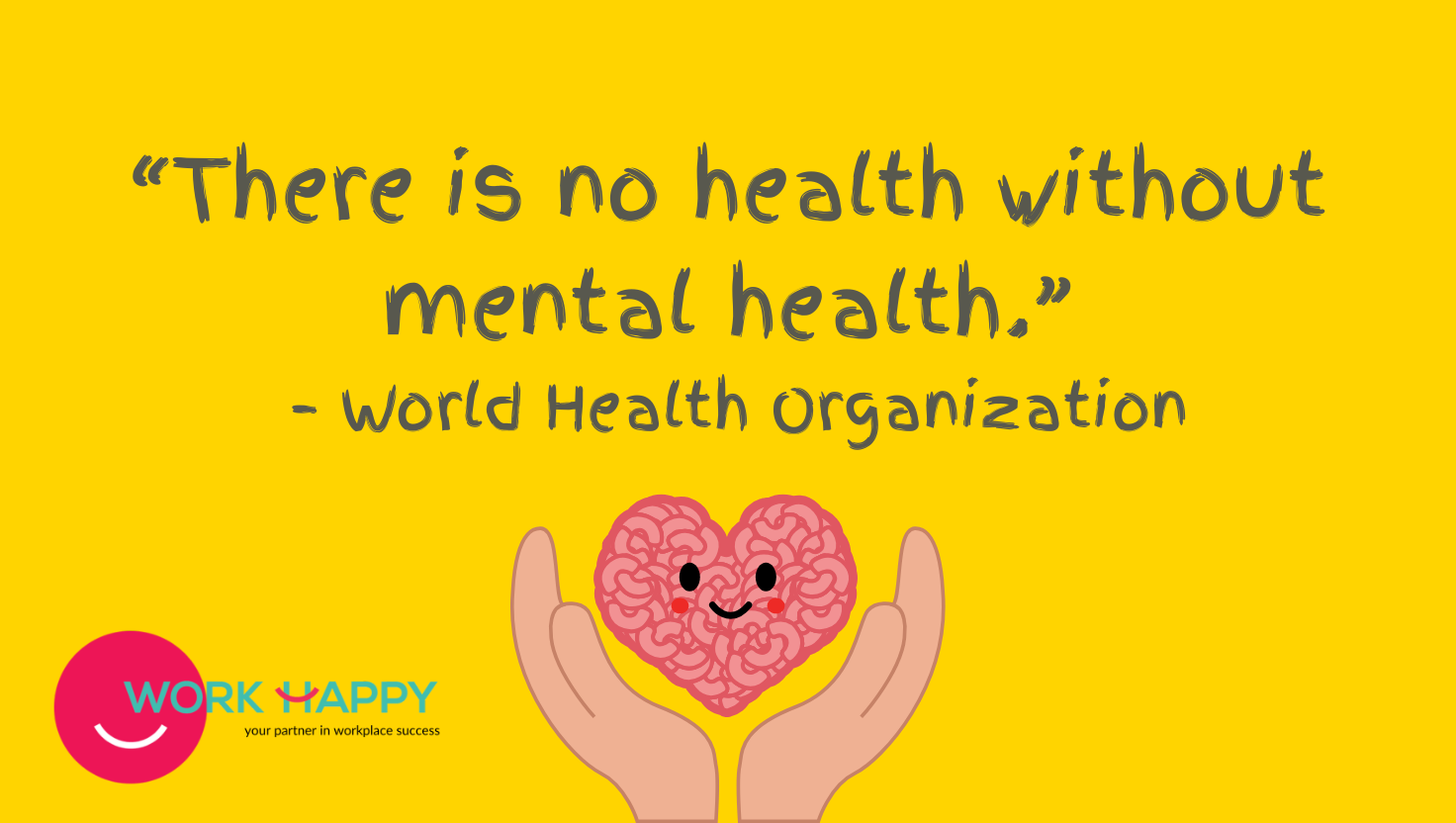
In 2025, it’s easy to push through our days on autopilot – ticking off tasks, replying to messages, meeting deadlines – without ever pausing to check in with how we’re really doing.
But just like physical health, our mental health deserves attention, care, and understanding. It isn’t just about avoiding crisis – it’s about learning how to navigate life in a way that supports resilience, emotional balance, and a sense of meaning.
What Is Mental Health, Really?
Mental health is more than the absence of illness. It’s the overall state of our emotional, psychological, and social wellbeing. It influences how we think, feel, and behave – how we handle stress, relate to others, and make choices. Everyone has mental health, just as everyone has physical health. And just like our bodies, our minds need care and maintenance to thrive.
Mental health exists on a continuum. Some days we feel clear-headed, strong, and connected. Other days we might feel overwhelmed, anxious, sad, or detached – sometimes without an obvious reason. Understanding this range is key to recognising what’s normal, what needs attention, and what support might help.
Why Understanding Mental Health Matters
Without awareness, we risk reacting from habit, suppressing what we feel, or becoming disconnected from our needs – all of which can wear down our wellbeing over time.
Self-Care: More Than Bubble Baths and Breaks
Self-care is not indulgence – it’s essential. But it’s not a one-size-fits-all solution either. Real self-care means identifying what replenishes you and making it a consistent part of your life. It also means recognising when you need to pause, reflect, or adjust course.
Final Thoughts
Understanding mental health and prioritising self-care isn’t just good for us – it ripples out into our workplaces, families, and communities. When we take responsibility for our own wellbeing, we lead by example. We show others that it’s okay to be human – and that strength can look like rest, reflection, or reaching out.
No matter where you’re starting from, the most important step is simply paying attention. From there, everything else becomes possible.
At Work Happy, we offer a Mental Health Awareness workshop designed to help individuals and teams explore these topics in more depth – including how to recognise early signs, start meaningful conversations, and build a culture that supports mental wellbeing.
If you’d like to explore bringing this workshop to your team, please get in touch –we’d love to support you.
